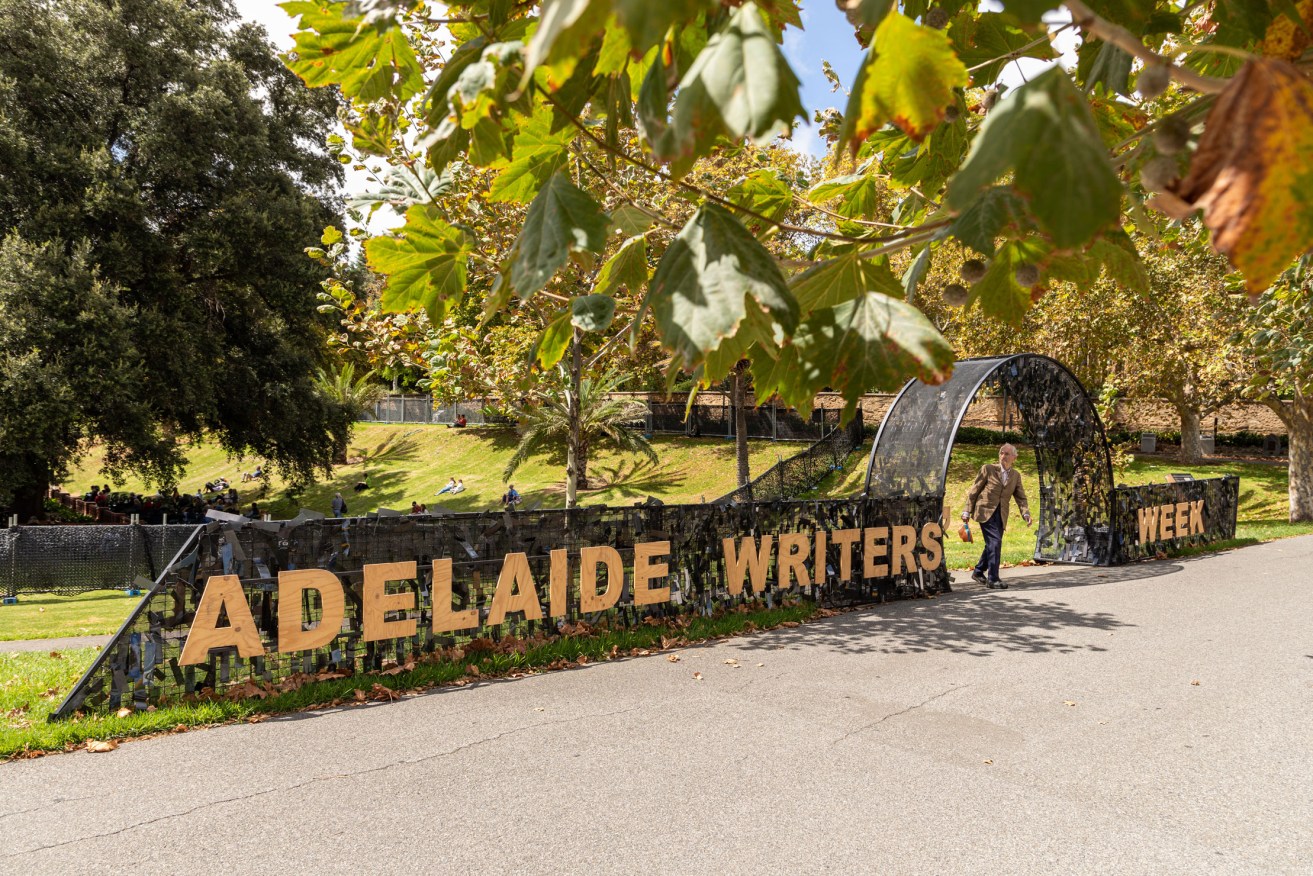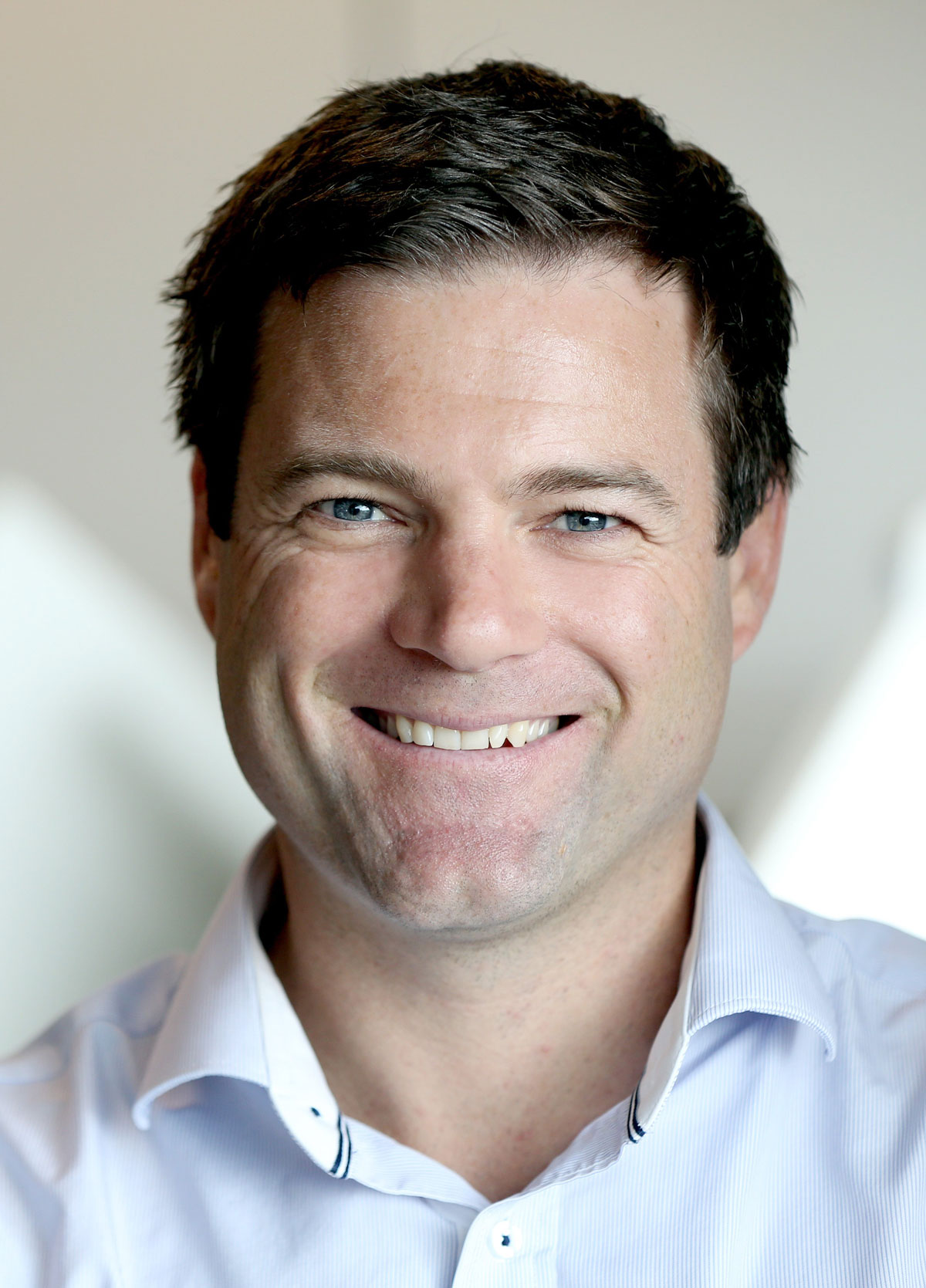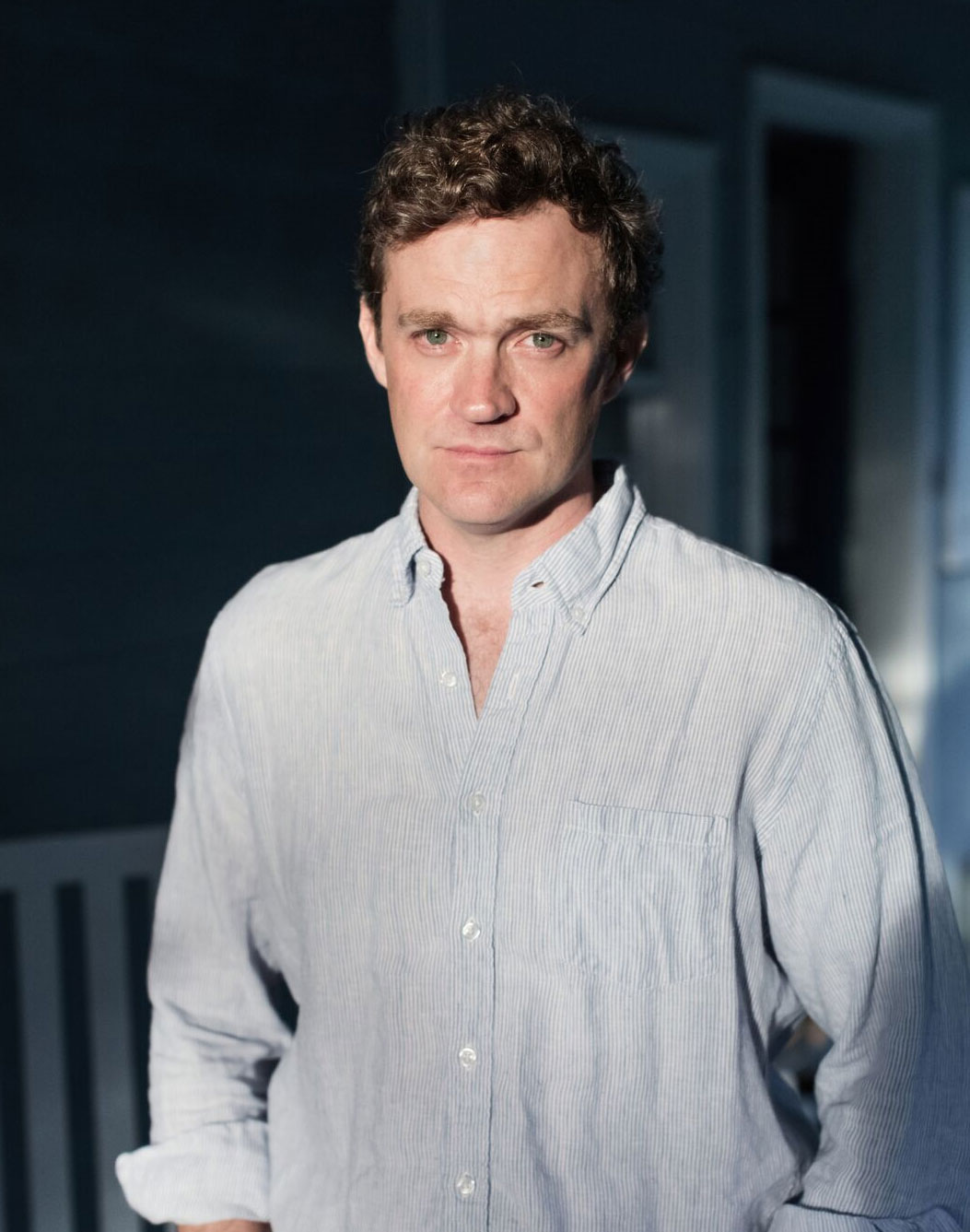The Boys’ Club and an Empire of Pain
Two very different but powerful forces were under the spotlight at Adelaide Writers’ Week yesterday with talks traversing ‘arrogance and entitlement’ in the AFL and the opioid crisis gripping America.


Photo: Andrew Beveridge
Victorian football journalist and author Michael Warner didn’t accuse the AFL of actual corruption – in fact, he was at pains to rule it out. But Warner, in his book The Boys’ Club, broke ranks with the league’s sphere of influence. He accused it of lacking integrity and transparency and being a law unto itself.

Michael Warner.
“I am not accusing the AFL of the same blatant corruption we saw in FIFA or the IOC, where there was clear corruption among executives, under-the-table payments, that sort of stuff; I’m not saying that,” Warner said from the West Stage in the Pioneer Women’s Memorial Garden.
“But that same sense of arrogance and entitlement certainly does prevail at AFL House.”
Warner said in his opinion the trouble began under the leadership of Andrew Demetriou, who ran the AFL for more than a decade before South Australia’s Gillon McLachlan replaced him in 2014. Demetriou was a formidable business person and supercharged the AFL’s economy, but it came at a cost, according to Warner.
“It was while he was executive that they also, in my view, ran into problems policing their own integrity in investigations [which led to] ongoing injustices, the poor treatment of people, the lack of transparency and accountability,” he said.
He argued the AFL, a tax-exempt charity running the nation’s richest sport, was a law unto itself and when there was a problem it put commercial interests first, working backwards from an issue to create a position that was best for the game.
Maybe they could do that just because it was the footy, Warner suggested. A scandal that ran from Monday to Wednesday was overtaken by Saturday’s game.
“If it wasn’t Australian Rules Football, would they turn a blind eye to the sort of conduct I write about in the book? I don’t think they would,” Warner said. “Maybe because it’s sport, they don’t consider it to be as serious.”
While advances have been made from the “antediluvian sexism” he described, Warner accused the AFL of holding back the advancement of women in the AFLW league. He said the length of the season and its timing – in summer, even though football is a winter sport – effectively kept women players from demanding equal pay.
The moment the AFL gives women “a fully professional season” is “the moment they open the floodgates to pay equity”, Warner said. “They don’t want to do that. They certainly don’t want at the moment to have that conversation and have to open up their purse strings.”
————-
The story of the rise of the highly-addictive opioid OxyContin, which has ravaged communities in the US, turning them into scenes from “a zombie movie”, is much more sinister. Author Patrick Radden Keefe, a writer for The New Yorker who has investigated Mexican drug cartels, said the drug’s prevalence coincided with the commercialisation and marketing of pharmaceuticals on a scale not seen before.

Patrick Radden Keefe. Photo: Philip Montgomery
Speaking from New York in a livestreamed Writers’ Week session, he said there was a Mad Men moment where advertisers started marketing pills, including OxyContin, which was sold by the Sackler family through the company Purdue. The highly addictive drug was marketed in 1999 under the slogan “The One to Start With and the One to Stay With”.
Keefe said he was surprised to uncover a direct link in Australia to OxyContin, the continuous-release, opium-based pain medication, with the drug’s raw materials sourced from commercial poppy fields in Tasmania.
“It was amazing to learn that actually Tasmania was really the bread basket of the opioid movement and of the opioid crisis. You had subsidiaries like Johnson & Johnson, who had huge production there. Their sole supply of poppies and the raw materials for the drugs came from Tasmania.”
He said that as the addiction crisis deepened, Tasmanian farmers who were growing cereal and other crops were wooed by Purdue with incentives to switch to opium.
“Suddenly there was this huge, insatiable demand for opioids, so there were all these incentives created – we will give you a free car if you can plant a few more acres of poppy,” Keefe said. “It was kind of remarkable to see that this very remote place was where the raw material of this huge opioid craze derived.”
He said doctors who had been reluctant to prescribe morphine for pain were falsely reassured that OxyContin was an innovative drug with no side effects.
“It was a huge hit, partly because Purdue gave away multi-month scripts and made a push to persuade family physicians that they should be prescribing these drugs much more than they were,” he said. “You didn’t need to worry about addiction, they were told, that was kind of an old wives’ tale.”
In the mayhem that followed, lives were lost and communities and families destroyed. The Sackler name has been stripped from American buildings and institutions, class actions are underway and, among users, OxyContin has shown itself to be a gateway to heroin, and now fentanyl.
“The opioid crisis today is not really an OxyContin crisis or even a prescription-drug crisis in the main,” Keefe said. “Today, what is killing most people is fentanyl, which is highly lethal but chemically related. Last year was the worst year in the US and 100,000 people died from overdoses.”
Michael Warner and Patrick Radden Keefe both appeared yesterday at Adelaide Writers’ Week, which continues in the Pioneer Women’s Memorial Garden until Thursday.
InReview will be reporting from Writers’ Week each day. Click here to read coverage of Saturday sessions featuring Malcolm Turnbull and Kevin Rudd, and The Quiet City author author Murong Xuecun.




